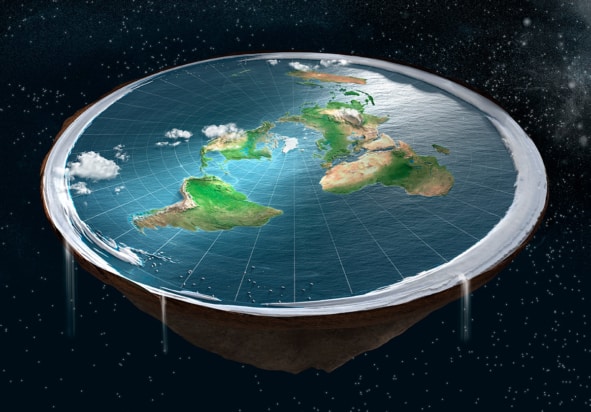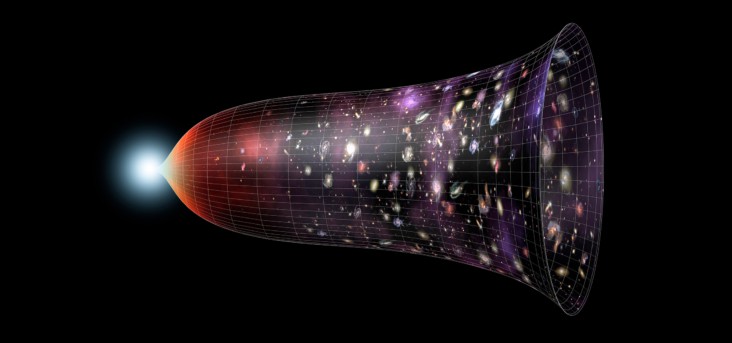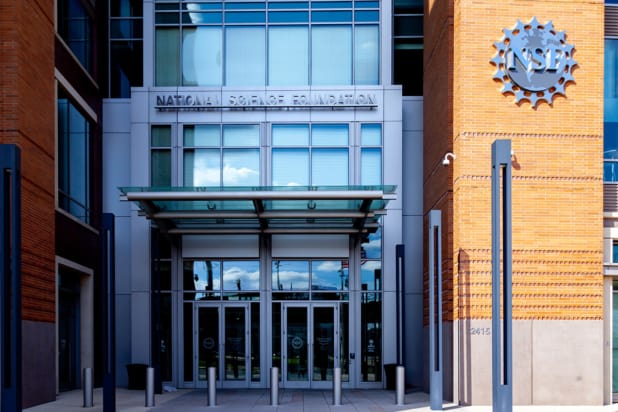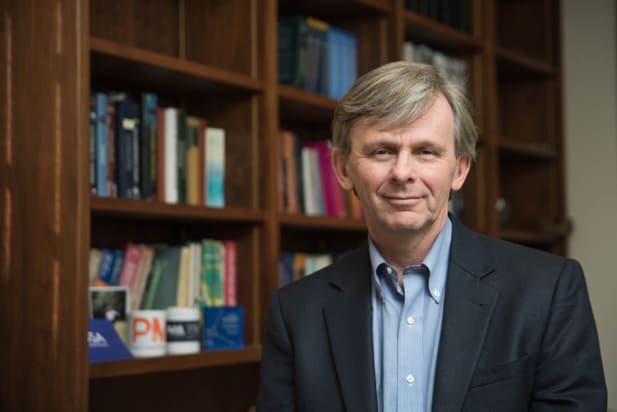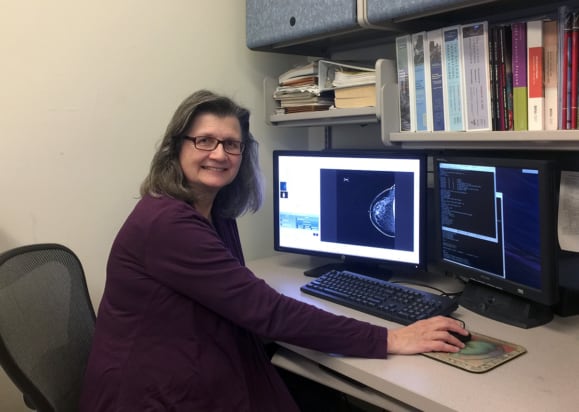Physics World July 2020
Hubble trouble: why we can’t decide how fast the universe is expanding
Europe’s Planck mission measured the Hubble constant to the greatest precision ever, finding it to be 67.4 km/s/Mpc, with an uncertainty of less than 1%. So how come more recent measurements of our “local universe” yield a figure of 73.3 km/s/Mpc, with an uncertainty of 2.4%, suggesting the universe is not as old as we thought? Keith Cooper investigates the discrepancies and what the implications could be. Meanwhile, Rachel Brazil explores why flat-earth theory is increasingly taking hold and how the physics community should best respond. Also, James McKenzie marvels at the wonders of e-bikes, and Richard Stevenson looks at powerful new blue lasers that can produce high-quality copper welds needed to make batteries for electric vehicles more easily.
Expand to full screen, bookmark pages or download to read offline using the icons beneath the screen. You can access the videos and audio clips if you read the emagazine online. Read it now
Or you can read selected content from the July 2020 issue of Physics World here

Want even more from Physics World?
Get more from Physics World without waiting for the next issue. The same great journalism, but delivered to you daily. Read updates on the latest research as soon as they happen and access 20 years of online content, organized across 13 dedicated scientific areas. Visit the homepage to start exploring.

